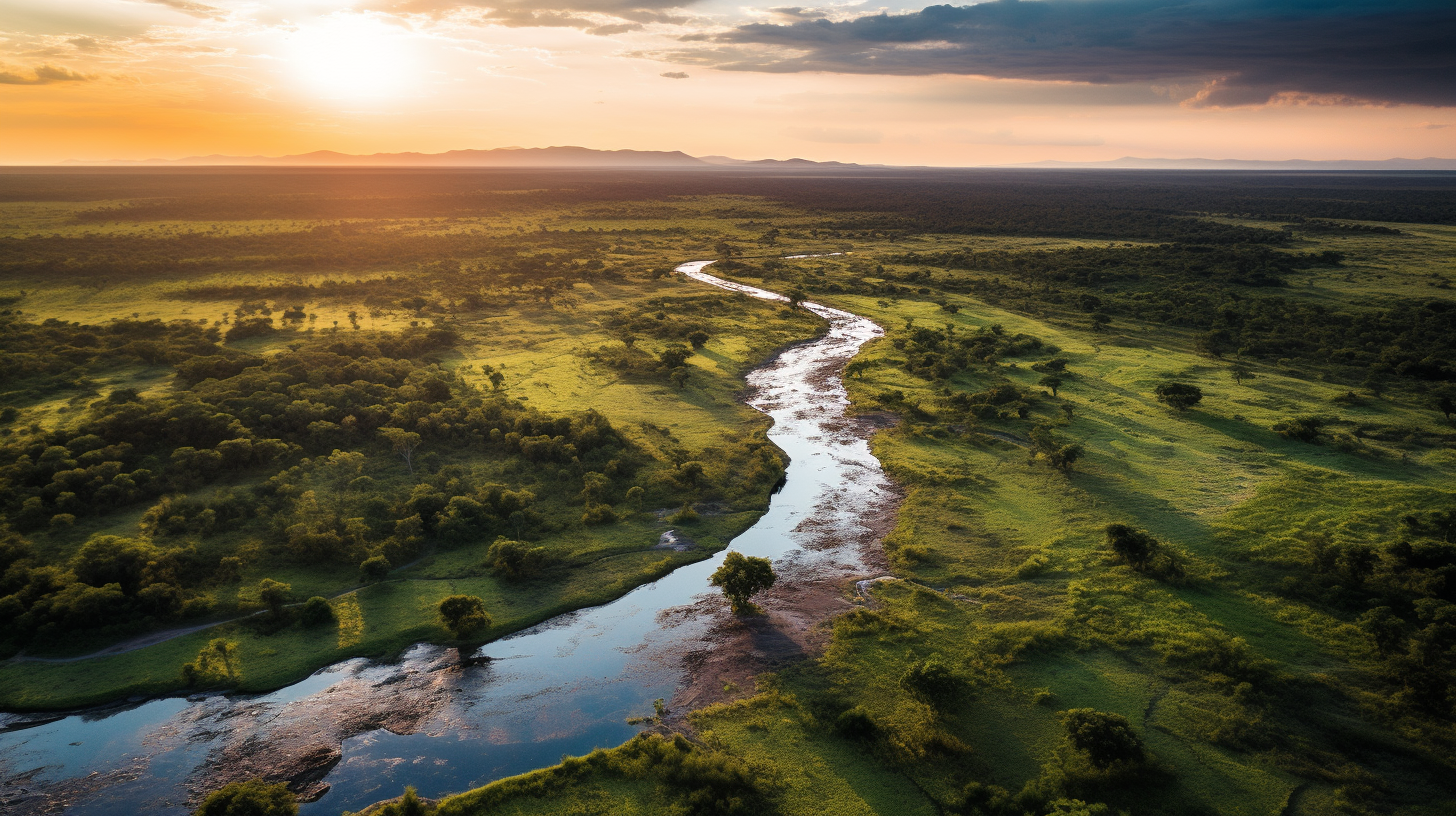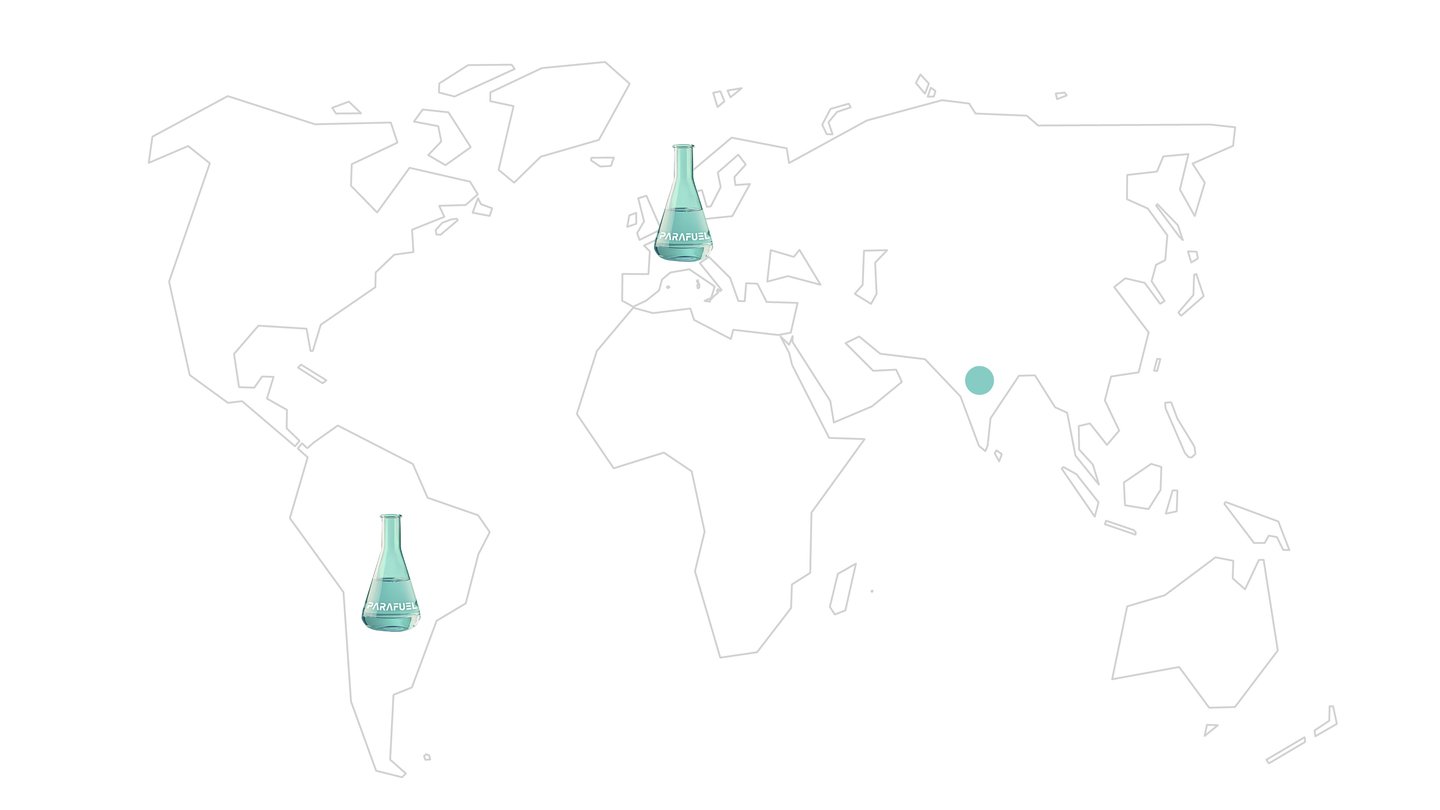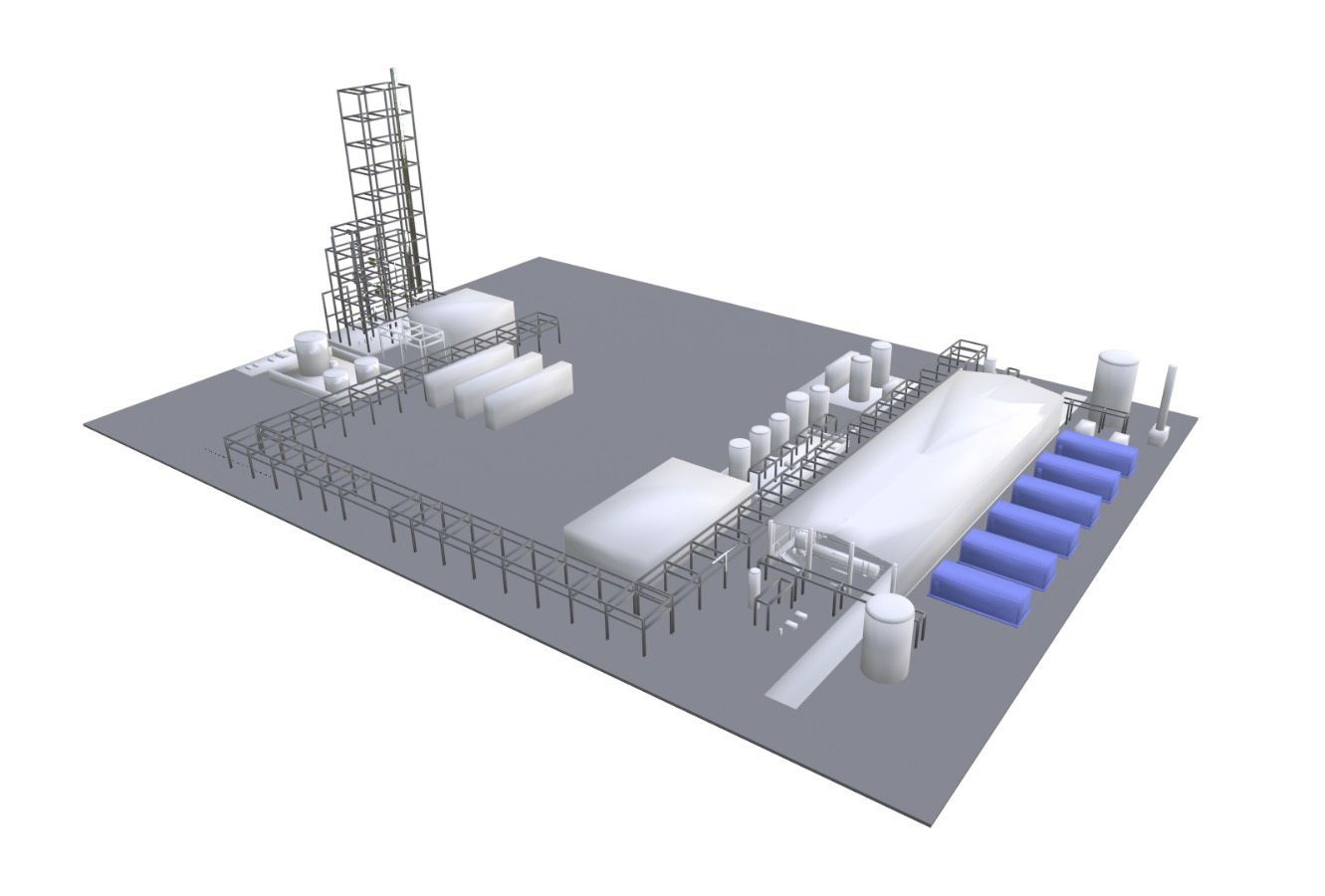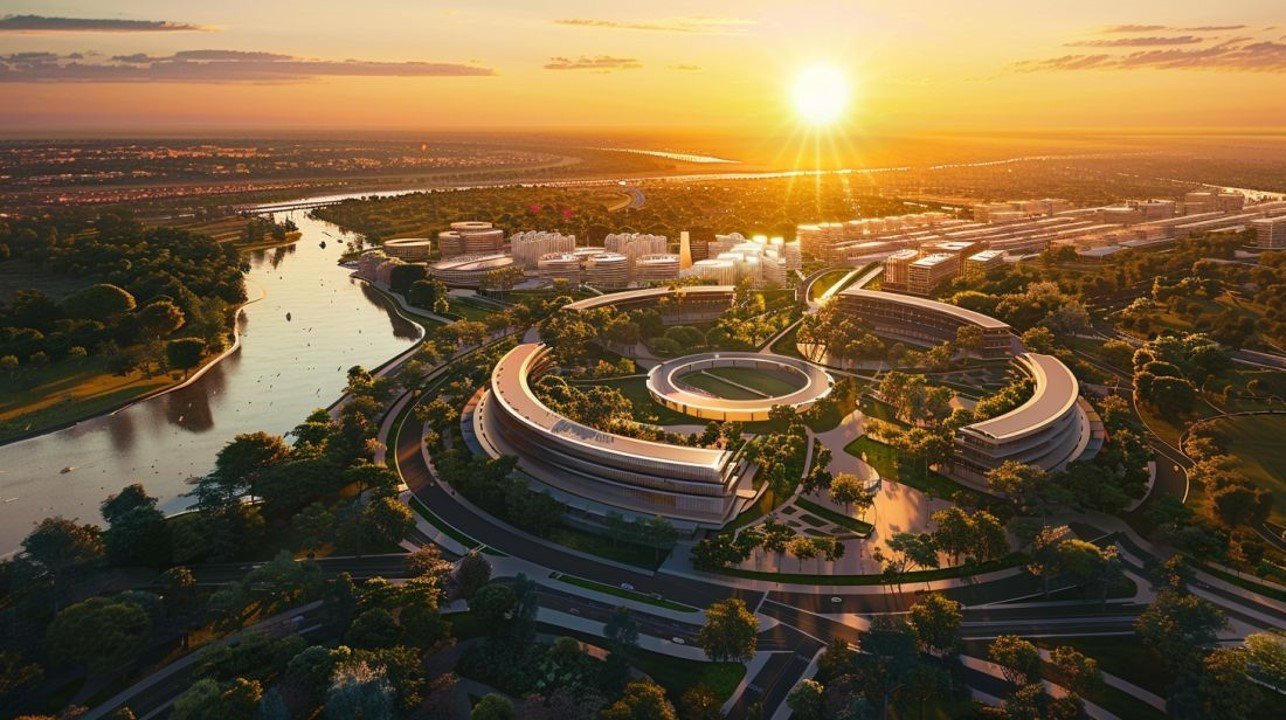
PROJECT

We will build a production plant for green methanol in Paraguay. Together with EPC partners and joint venture companies on site, the first phase of the project is scheduled to start in 2025. Production start is planned for 2027.
Now, the momentum to build production capacity is being driven by the demand for the commitment confirmed by the European Union, which is forcing the laggard sector to use renewable fuels of non-biogenic origin. Parafuel has gone a long way by using its European roots to network with buyers and refiners to ensure a reliable customer situation for the investment. Air transport in particular, driven by Germany's specific regulatory framework which is significantly stricter than that of neighbouring countries, has created an urgent need for airlines to proactively secure a reliable supply of eKerosene from 2026. Their gradually increasing demand can be met by the successive investment steps planned by Parafuel, starting with the first plant in the very near future.
TECHNOLOGY AND SUSTAINABILITY
- Use of green energy to produce green methanol
- Storage of carbon from the atmosphere
- Creation of a sustainable alternative to fossil fuels
- Contribution to CO2 reduction and global climate targets
SIGNIFICANCE FOR PARAGUAY
The planned production plant is a milestone for Paraguay and strengthens the country's position in the field of green energy. Both local companies and the entire region benefit from the economic cooperation and technology transfer.
Parafuel aims to create high-quality jobs in Paraguay's chemical industry. The company is organising specialised training for personnel with key technology providers. It also plans to establish scholarships for Paraguayan students at European universities to develop future industry leaders in synthetic fuels.
Michael Kühlwein emphasizes the importance of international cooperation for a sustainable future:
With our project, we are making an important contribution to CO2 reduction and the development of renewable energies.
FACTORY
In the first phase of the project, the planned electrolysis capacity will be 30MW, after which an expansion phase will be built in a scale-up manner, utilising the full site-specific constraints of up to 420MW.


